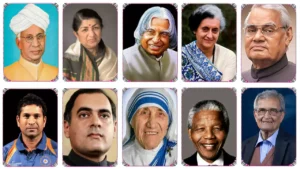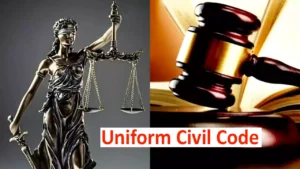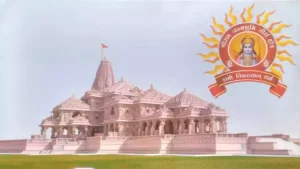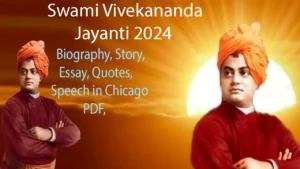Uniform Civil Code Article, PDF (The Uniform Civil Code bill was passed in the Uttarakhand Assembly on 7th February 2024 by Pushkar Singh Dhami)
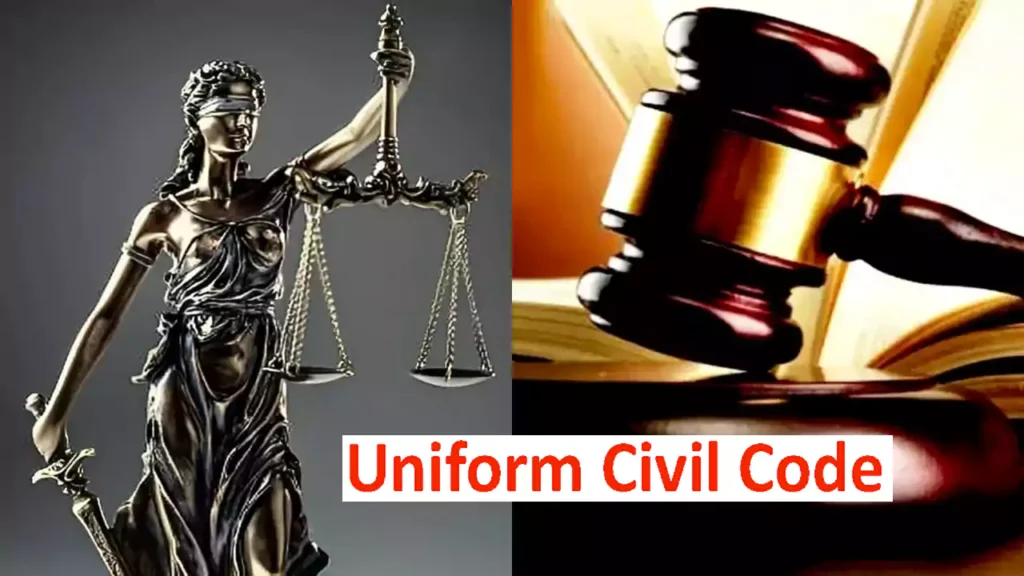
Uniform Civil Code Debate in India
The concept of a Uniform Civil Code (UCC) has ignited heated discussions in India for decades. Proponents hail it as a pillar of national unity and gender equality, while opponents fear it threatens religious freedom and cultural diversity. Navigating this complex debate requires understanding its history, key arguments, and potential implications.
What is a Uniform Civil Code?
Simply put, a UCC aims to replace personal laws based on religion with a single, secular set of laws governing matters like marriage, divorce, inheritance, and adoption. This would mean all citizens, regardless of their faith, would be subject to the same legal framework.
Why is the UCC Debate Important?
India, a land of diverse religions and cultures, currently has a patchwork of personal laws. Hindus follow the Hindu Marriage Act and Succession Act, Muslims have Sharia-based laws, and Christians have their own marriage and divorce laws. This system, while respecting community customs, has been criticized for:
- Gender Inequality: Many argue that religious laws often discriminate against women, particularly in matters of inheritance and divorce. For example, Sharia allows polygamy and unilateral divorce by men, while Hindu daughters have limited inheritance rights compared to sons.
- Discrimination and Confusion: The current system can lead to confusion and discrimination, with citizens navigating different legal processes depending on their religion.
- National Unity: Supporters of the UCC argue that a common law fosters national unity and promotes equality among citizens, regardless of their faith.
(UCC) Uniform Civil Code PDF Download
Uniform Civil Code in which state of India
The first was implemented in the state of India by Pushkar Singh Dhami Uttarakhand Legislative Assembly. Uniform Civil Code bill passed in Uttarakhand assembly on 7th February 2024.
Arguments for the UCC:
- Equality and Justice: Proponents argue that a UCC would ensure equal rights and opportunities for all, especially women, regardless of their religion.
- National Integration: They believe a common law would promote national unity and remove legal differences based on religion.
- Modernization and Progress: Some view the UCC as a step towards modernization and a move away from laws rooted in religious interpretations.
Arguments Against the UCC:
- Threat to Religious Freedom: Opponents fear the UCC would infringe on the right to practice and preserve religious customs. They argue that personal laws are an integral part of religious identity and should be respected.
- Cultural Diversity: Some see the UCC as an imposition on diverse communities and a threat to their cultural heritage. They believe it could lead to homogenization and erosion of unique traditions.
- Uncertain Impact: Concerns exist about the potential negative impact on marginalized communities, particularly in matters like inheritance and adoption.
The Path Forward:
The UCC debate remains highly charged in India, with strong opinions on both sides. Finding a solution requires a nuanced approach that balances the need for equality and national unity with respect for religious freedom and cultural diversity.
Here are some potential ways forward:
- Open and Inclusive Dialogue: Fostering respectful dialogue between communities, religious leaders, and legal experts is crucial to understand concerns and find common ground.
- Progressive Reforms: Reforms within existing personal laws, focusing on gender equality and progressive interpretations, could address some concerns without imposing a uniform code.
- Model UCC Implementation: Piloting a UCC in select regions with community consent could provide valuable insights and address concerns before nationwide implementation.
Ultimately, the question of the UCC is not just about a legal framework, but about the very soul of India. Finding a solution that respects diverse identities while promoting a just and equitable society requires careful consideration, inclusive dialogue, and a commitment to the core values of the Indian Constitution.



